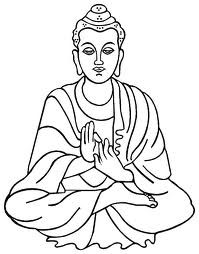
Having a spiritual practice may be helpful to us in many ways, but what does this actually mean, and how would we start? When I am asked about getting started, I suggest that people explore a couple of established, named spiritual paths which appeal to them: for example, Buddhism, Quakers or others. I also suggest that they try ‘nameless’ approaches, such as mindfulness, and meditating in nature. For a much fuller version of this advice, see chapter 8 of my book, Out of the Woods: A guide to life for men beyond 50: this section is suitable for men and women of any age.
My own spiritual path has been evolving for 40 years, helped by involvement in several named spiritual paths, and a lot of more fluid personal exploration. These 7 planks are important parts of my current spiritual practice:
- Divine unity: open to a sense of divine unity and vitality in all forms of life, including the land, sea and sky. This is what Jesus, in his native Aramaic, calls Alaha. It’s a good counterbalance to the tendency to focus on our own problems and needs.
- Creation is now, and we are all part of it: try imagining that our world is being shaped at every moment, and that our job description as humans is to fulfil our part in this process. You can find this idea in the original teachings of Judaism, Islam, and Christianity: see the Genesis Meditations by Neil Douglas Klotz.
- Gratitude and Celebration: yes, there are plenty of problems, and it’s easy to feel dragged down, but you can feel more resilient, more able to choose, if you focus on what’s positive, and the scope to grow through the problems.
- Simple presence: you can find this idea in mindfulness, Christian, Buddhist and many other teachings. In essence, the invitation is to be here now, with compassion for yourself and anyone else involved, and to let go of old stories, dramas and projections.
- Prayer: this idea is often misunderstood. I don’t mean it in a ‘Lord, won’t you buy me a Mercedes Benz’ sense: I mean prayers of conversation and invitation, where you ask to be shown how you can serve the highest good of all, and how you can fill your soul’s purpose in this human life.
- Soul’s Journey: I get a new perspective, and a positive approach to upsetting situations, through the belief that my soul has a life and continuity before and after this human time, and that my soul has chosen whatever situations I am facing here and now.
- Spiritual Community: this is what the Buddhists call Sangha. There can be great nourishment and resilience in sharing spiritual practises with a group, and feeling the depth of mutual support which comes from this.

